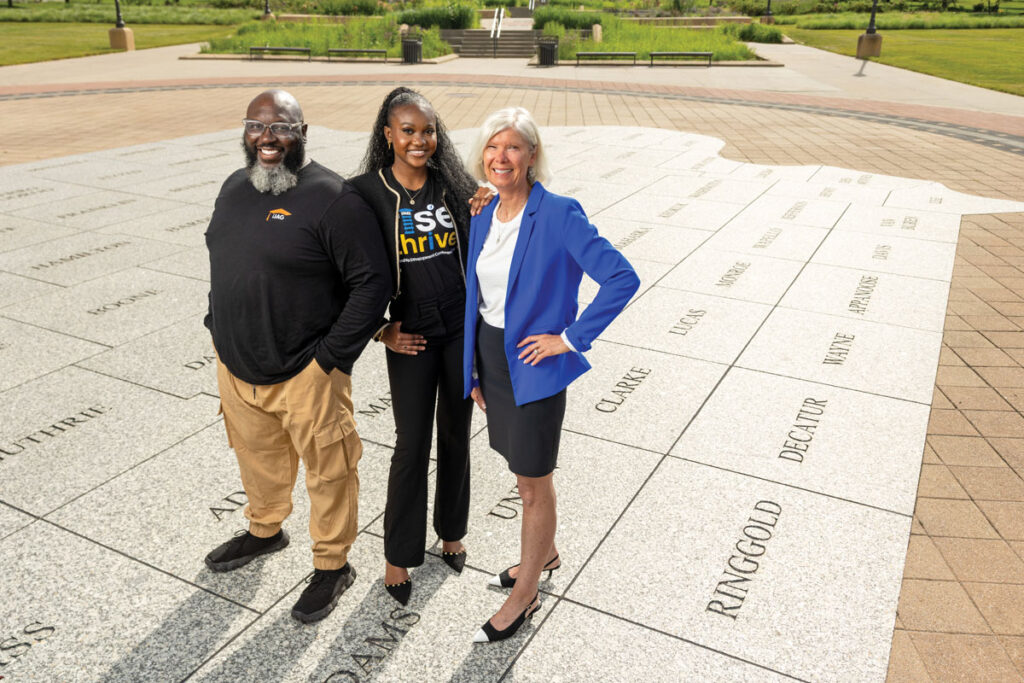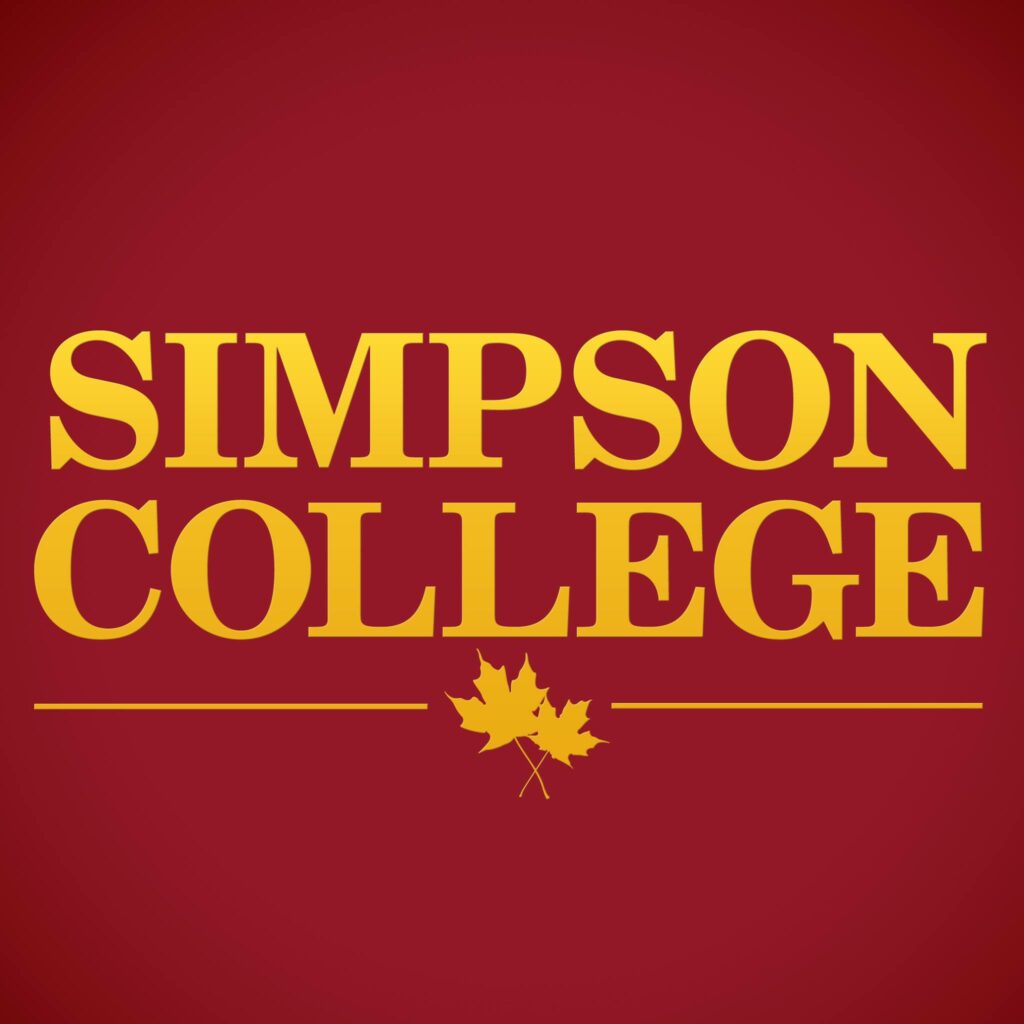Nationview: Norman Mineta, former U.S. secretary of transportation
A perspective from the national level

Norman Mineta’s resume is rather diverse.
Mineta chairs the advisory council for the U.S. Center for Citizen Diplomacy’s J-Center. He was in Des Moines earlier this month to talk about U.S.-Japanese relations, and spoke with the Business Record about a variety of topics.
Mineta, whose full-time job is vice chair of public policy at Hill + Knowlton Strategies, spent five years as U.S. secretary of transportation under President George W. Bush, a position he held on Sept. 11, 2001, when he gave the order for the nation’s airplanes to land in the midst of that day’s terrorist attacks.
Following 9/11, Mineta led the creation of the Transportation Security Administration (TSA). Prior to that, he served as the U.S. secretary of commerce under President Bill Clinton, where he was known in part for his work on technology issues. Earlier in his career, Mineta represented San Jose, Calif., as mayor and then as a U.S. congressman.
How much safer is air travel today than it was before 9/11?
Vastly safer. And I think the public has accepted, maybe grudgingly, but they know that a little inconvenience on their part is still worth the protection that is provided overall by TSA and its screeners. I think the system has improved. The thing that’s important, when we started, one of the things I said is regardless of what airport you go through, I want the consistency. Whether it’s San Francisco or (New York) … or Des Moines, or wherever you’re going through, you’re seeing consistency in terms of what you are experiencing. I think over the years, the passengers are witnessing that. So I think they’re getting better service, and I think TSA, on its own, is recognizing what improvements they have to make as they see their own operations as well as the comments and suggestions that people make.
Why is business collaboration between the United States and Japan important?
One of the reasons I think it’s important is from a U.S. perspective, no matter what happens in the Asia Pacific area, that relationship between the United States and Asia and the Pacific region is still going to be based on a very strong relationship between the United States and Japan. … In Japan, are there resources that U.S. companies might have access to, or on the other hand, are there Japanese companies that would be interested in something that a U.S. company is doing? It’s a two-way street in terms of trying to collaborate and cooperate to find businesses that would be interested in each other’s products.
How important is it to focus on technology in middle America, in addition to what happens in places such as Silicon Valley and New York City?
In terms of high-tech (companies), they can just about be anywhere. And with the Internet, they are able to get the exchange of information, find out what’s going on, regardless of where they’re located. When you have someone like Wellmark Blue Cross and Blue Shield, it seems to me that could be the base of a medically oriented pharmaceutical base. … So today these companies can grow anywhere. And you take a strong labor force like you have here in Iowa, whether it’s banking or high-tech or (Wellmark), or you have your Mercy (Medical Center), (Iowa) Methodist (Medical Center), it seems to me there is just a lot of potential for communities like Des Moines, in terms of what’s happening in the economy in today’s marketplace.










